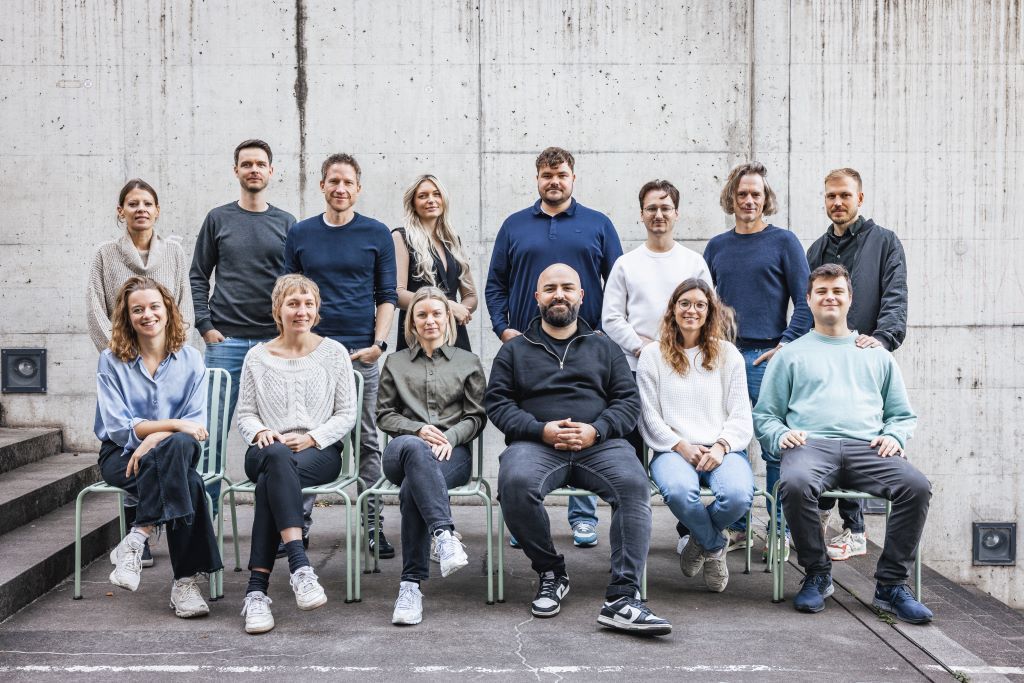How to optimally prepare for the changeover
Develop and optimise a 1st party data strategy
Before you adapt your tech stack and licence additional tools, you should take the time to develop a data strategy. We are convinced that the best solution is a 1st party data strategy that is specifically tailored to your company. To do this, you as a company need to define how and what data you collect and process. Very important: This is not about 1st party cookies, but about online data such as login information and email addresses for your newsletter, but also about classic CRM master data of your customers, which you link to the online data using a customer data platform.
It should be noted that personal data (so-called PII - Personally Identifiable Information) may only be collected and processed if consent has been given - this also applies to existing master data from your CRM. As a rule, consent only authorises the use of data for a specific purpose, which is why consent must be checked in particular if offline data is to be integrated into online systems.
What you should never forget: A good data strategy is always designed in such a way that the use of the data also offers customers real and tangible added value.
Prepare management for changes
Dashboards, analyses and attribution will constantly change over the next 18 months as the way data is collected, purchased and analysed continues to evolve. Prepare your management for these changes. This will ensure that realistic expectations are set and that you plan with a budget adapted to the situation so that you can invest in new ways, solutions and technologies.
Promote cross-team collaboration
Every change is difficult. In order to cope with the new facts, a new type of interdisciplinary collaboration in digital marketing is necessary so that all competences are covered and work steps are completed effectively and efficiently. Networking is required not only for your data, but also within your internal teams. Ultimately, the companies that are best prepared for the upcoming change will be those in which CX, analytics, marketing and development teams work together to optimise the use of the available data.
Implementing technical solutions
There are already various providers that enable secure data exchange from server to server (with SHA-256 encryption or pseudonymisation). Tealium, for example, offers the possibility of establishing a server-to-server connection with Facebook with AudienceStream. Unlike in the past - today, most companies unknowingly share all customer data with the social network via a Facebook pixel built into their own website - an audience from your customer data platform can be securely synchronised with Facebook, for example to display customised advertising. Facebook can only read data if it already has the same data set (e.g. an email address). All other data remains encrypted and is not visible.
Due to increasing data protection regulations, such server-side connections will become increasingly important in the "post-cookie era". Rumour has it that the internet giant Google is now also adapting to the new circumstances and is working on a corresponding solution.
We will be happy to advise you and accompany you on your way to a "cookie-less" world.


